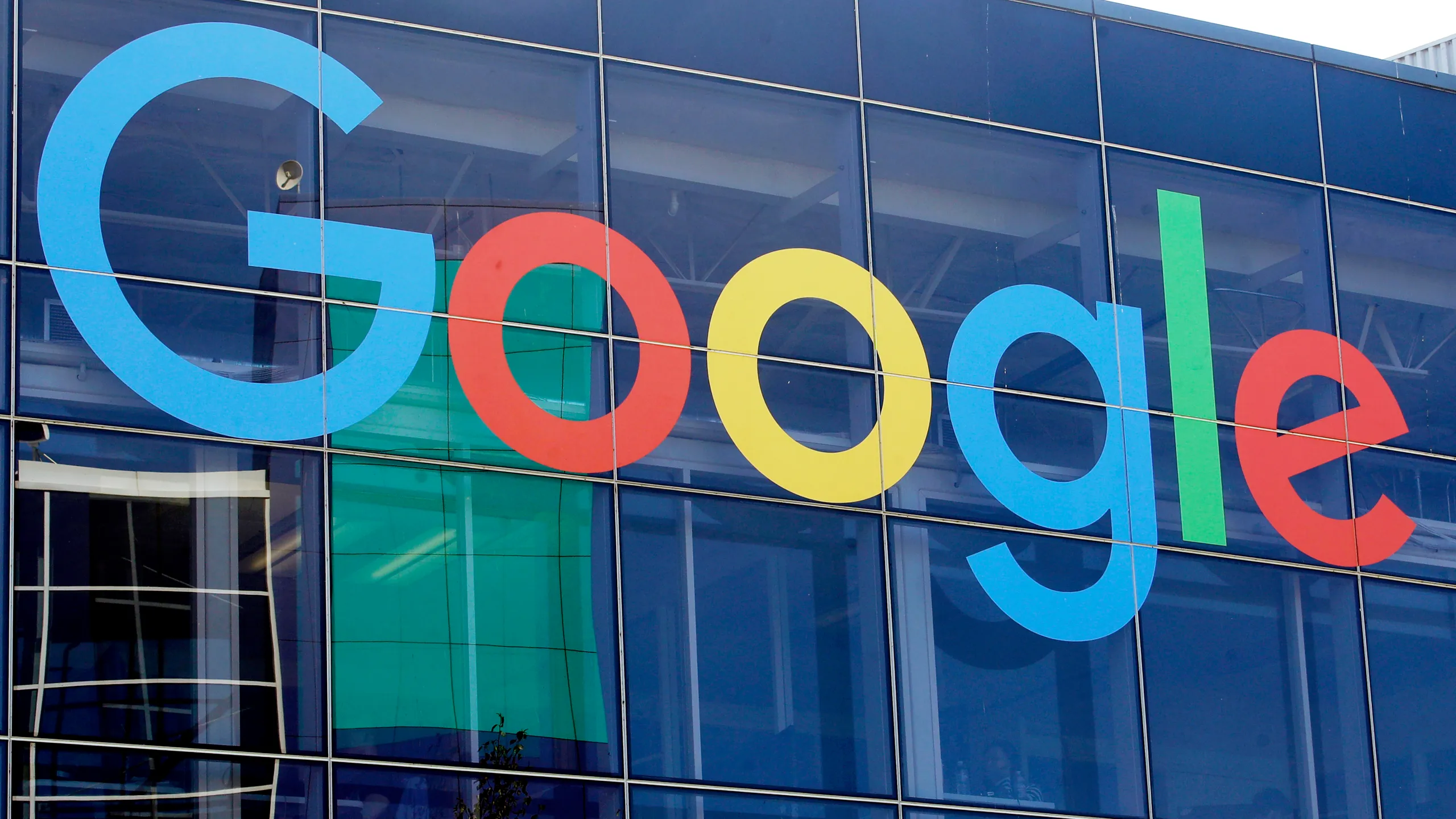In a surprising reversal, Google announced on July 22nd, 2024, that it would be abandoning its long-held plan to remove third-party cookies from its Chrome browser. This decision comes after years of deliberation and controversy surrounding the “Privacy Sandbox” initiative, which aimed to improve user privacy online.
Third-party cookies are small pieces of data websites place on user devices to track their browsing activity across the internet. This data is then used by advertisers to personalize ads, a practice that has raised concerns about user privacy and online tracking.
A History of Delays and Concerns
Google first announced its plan to phase out third-party cookies in 2020. However, the initiative faced multiple delays due to industry pushback. Advertisers expressed concerns that the loss of cookies would cripple their ability to target users effectively, potentially harming the entire online advertising ecosystem. Additionally, regulators like the UK’s Competition and Markets Authority (CMA) worried the move could strengthen Google’s dominance in the advertising market.
In April 2024, Google acknowledged these challenges, citing “divergent feedback” from various stakeholders. This latest announcement marks a definitive shift in strategy for the company.
What Now? A New Path for User Privacy
Instead of eliminating third-party cookies entirely, Google is proposing a “new path” for the Privacy Sandbox. The details of this approach are still unclear, but Anthony Chavez, VP of Google’s Privacy Sandbox, emphasized a focus on “elevating user choice.” This could involve giving users more granular control over their data and how it’s used for advertising purposes.
Reactions to the U-Turn
The decision has predictably drawn mixed reactions. Privacy advocates are expressing disappointment. Lena Cohen, a staff technologist at the Electronic Frontier Foundation, voiced concerns about the continuation of user tracking and potential for predatory advertising.
On the other hand, the advertising industry seems relieved. Advertisers who rely on personalized ads for revenue can breathe a sigh of relief, at least for now. However, some remain skeptical of Google’s motives, questioning whether the new approach will genuinely empower user privacy or simply give more control over online data.
The Road Ahead: Unanswered Questions
While the immediate future of third-party cookies in Chrome is clear, many questions remain unanswered. Here are some key areas to watch:
- The New Approach: What specific features wil introduce to enhance user control and privacy? Will these features be genuinely effective, or will they be easy for advertisers to circumvent?
- Impact on Competition: Will Google’s alternative to third-party cookies unfairly advantage its own advertising products? Regulators like the CMA will likely continue to scrutinize Google’s approach to ensure a level playing field for all players in the ad market.
- The Future of Privacy Regulation: Google’s decision might influence regulators around the world. Will it weaken the momentum for stricter data privacy laws, or will it prompt regulators to enact stricter measures to ensure user privacy online?
Conclusion:
Google’s reversal on third-party cookies marks a significant turning point in the online privacy debate. While it provides some clarity for advertisers in the short term, the long-term implications for user privacy and online competition remain uncertain. The success of new approach hinges on its ability to strike a balance between user privacy, targeted advertising, and a fair and competitive online ecosystem.

